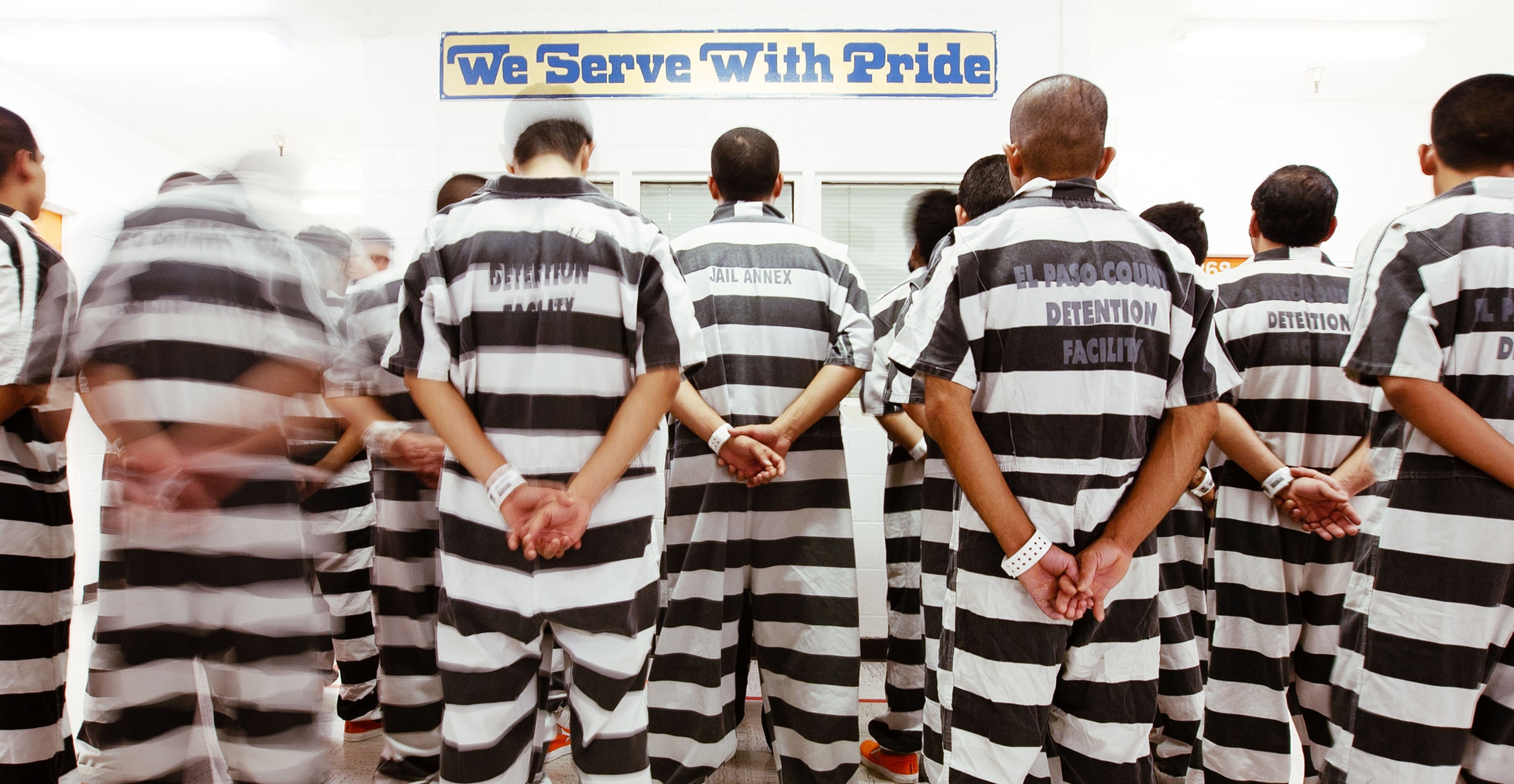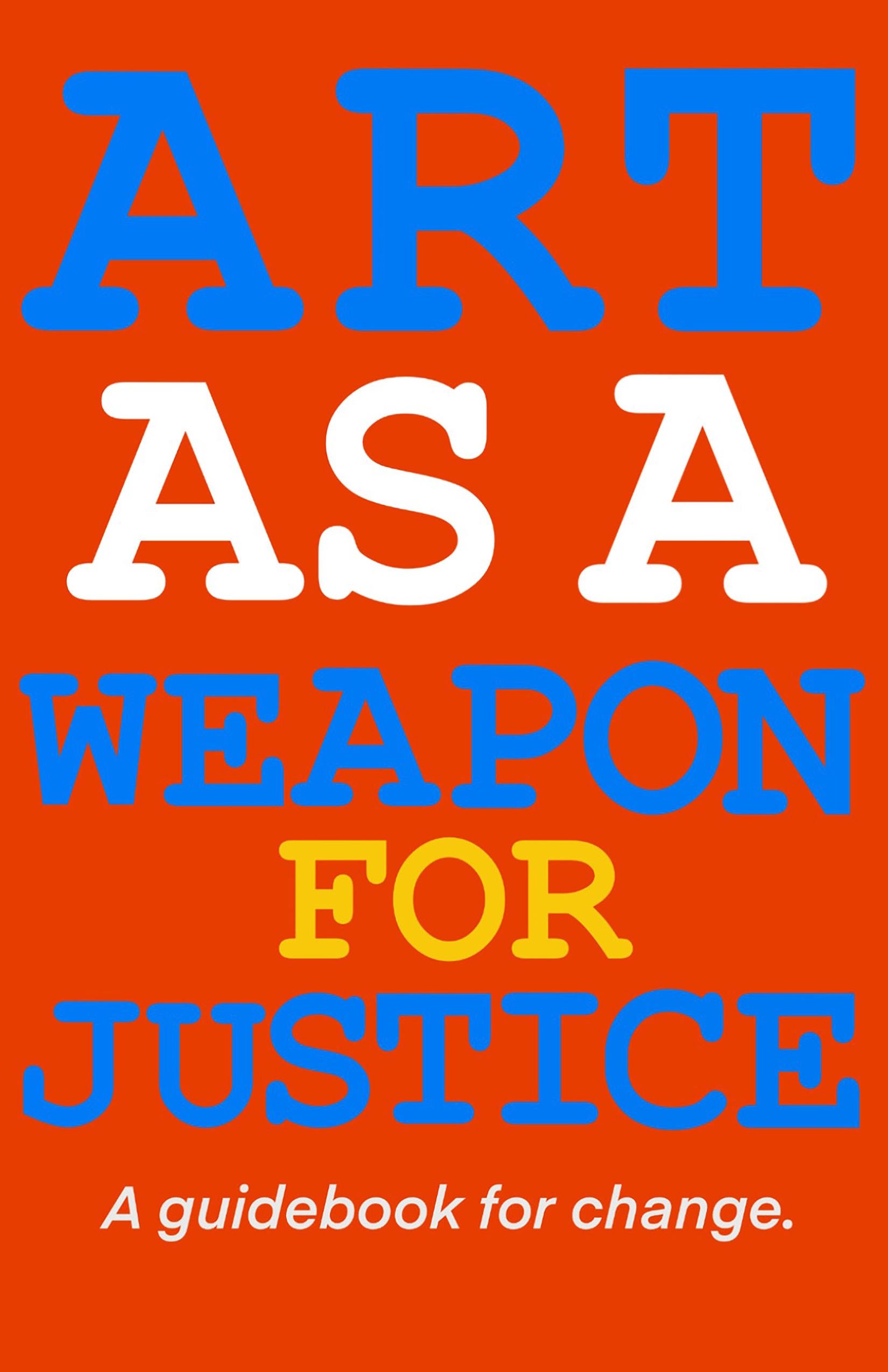Making change, and creating justice, through art

In a new book dedicated as a “love letter” to his grandchildren, “in the hope they might be willing and able to change their world,” acclaimed photographer Richard Ross shares 101 lessons for life gleaned over a decades-long career documenting the juvenile justice system in the United States.
Comprising a series of numbered sections with each highlighting a key concept, words of wisdom or personal anecdote, “Art as a Weapon of Justice” aims to give readers — his target audience includes high school and college students — a set of tools for navigating life. The material is drawn from notes he took while producing his larger body of work that includes the books “Juvenile In Justice,” “Juvie Talk: unlocking the language of the juvenile justice system” and “Girls In Justice.”
“I just felt like there’s a generation of people who feel so impotent in terms of the number of challenges and disasters facing them,” said Ross, a professor emeritus of art. He sought to make the ideas “easily digestible” so readers could come away not only with a renewed sense of purpose, but also with some much-needed inspiration.
“If there are only two or three things in here that are going to work for someone, that’s all they need,” Ross said.

He noted that it was suggested to him that the word “weapon” might be too strong for the title of this particular book, but he was adamant.
“We have a war on drugs, a war on terrorism, a war on poverty. When you’re trying to deal with something and make a change,” he said, “you don’t go to war with a tool, you bring a weapon. Art as a tool for justice? No. It’s a weapon.”
Ross will be signing copies of “Art as a Weapon for Justice” Thursday, Sep. 7, from 5-7 p.m. at POTEK Winery, 406 E. Haley St. The book also is available online at www.juvenile-in-justice.com.
Shelly Leachman
Editorial Director
(805) 893-2191
sleachman@ucsb.edu



